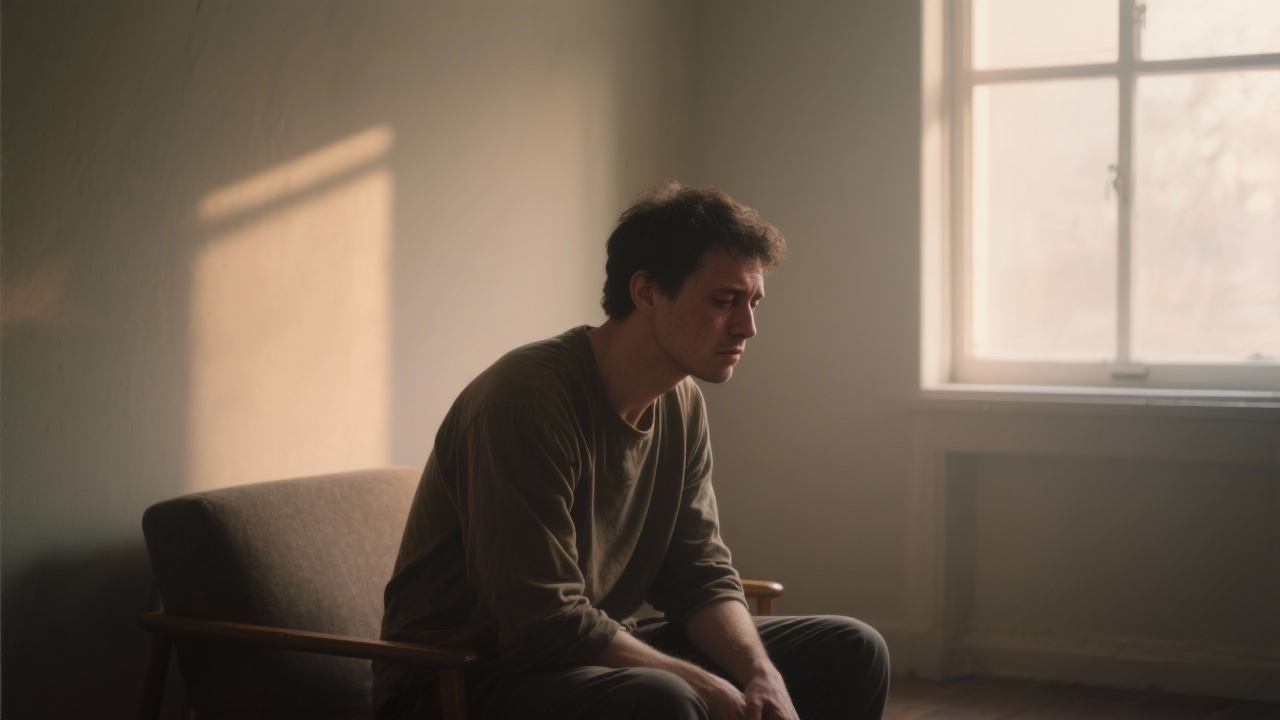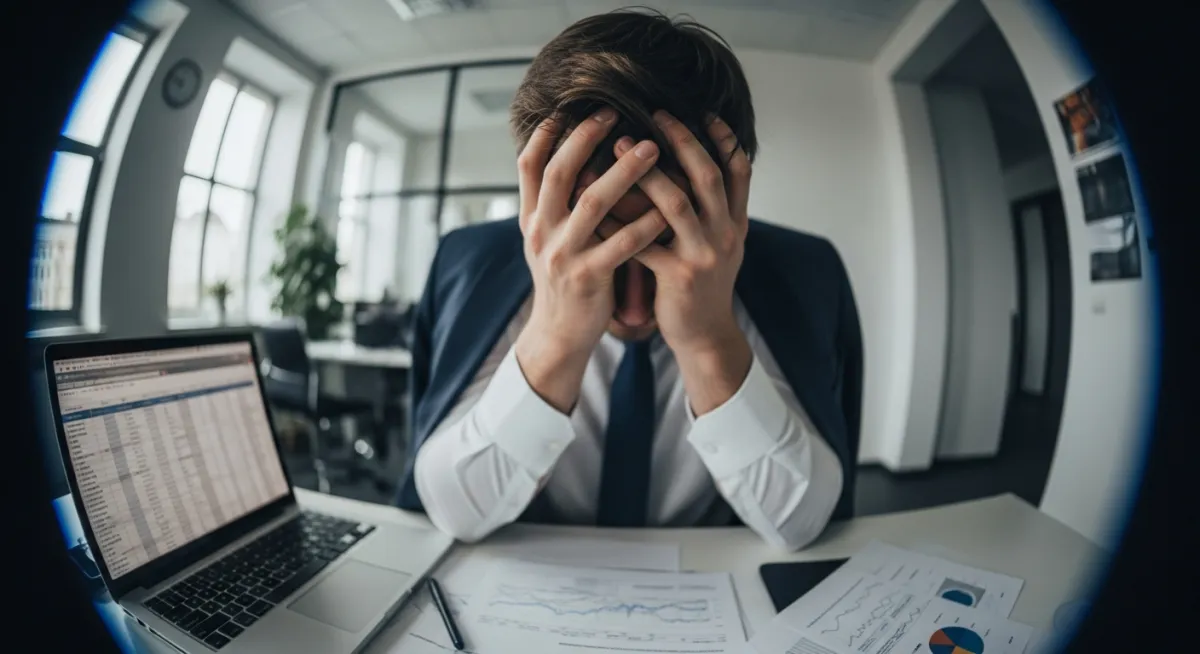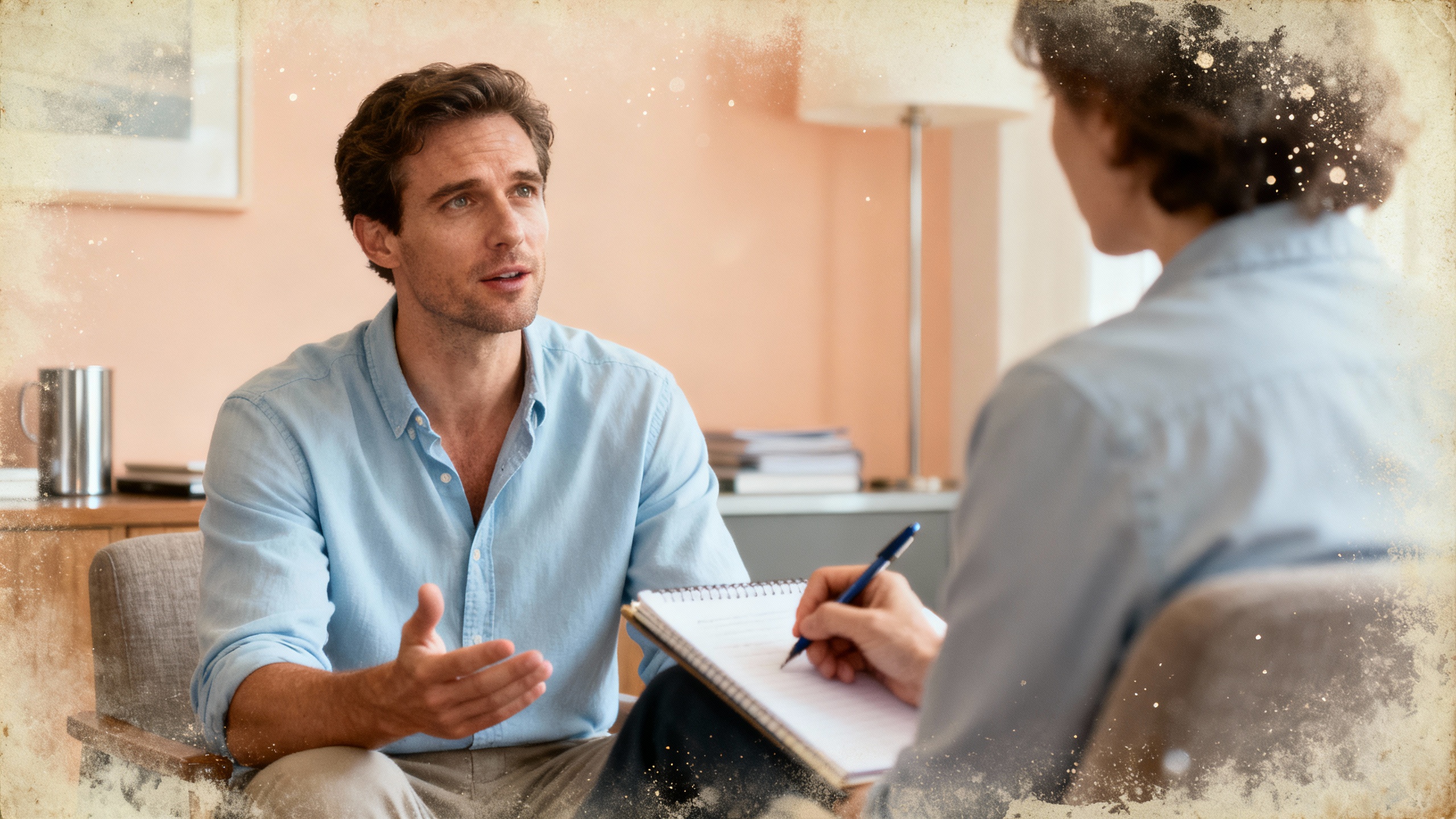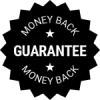Call Us On (877)-585-0677 To Speak To An Expert Today!
Real Stories from Porn Addiction Recovery (That You’ll Relate To)
What does recovery for porn addiction really feel like?
Not the clinical version. Not the textbook case studies.
The real stories. The hard moments, the breakthroughs, the setbacks, and the quiet wins that nobody claps for.
Because porn addiction isn’t about lust—it’s about pain, escape, and coping.
And therapy?
It isn’t about "quitting porn."
It’s about reclaiming your life.
If you’ve been wondering what therapy for porn addiction is really like, or if you’re looking for porn addiction recovery stories that actually reflect your experience… this is for you.

“I Thought I Could Outperform the Problem”
David, 37, a married executive
“I was killing it in my career. Leading teams. Closing deals. But I had this secret life I hated myself for. I'd promise my wife I’d stop… then I’d relapse three days later. I thought, ‘Maybe I just need more discipline.’ But the harder I pushed, the sneakier it got.”
David joined therapy thinking he had a willpower problem.
What he had was a shame loop. The more he failed, the more he punished himself—and the more porn became his escape.
What Changed in Therapy:
He finally stopped asking, “What’s wrong with me?”
And started asking, “What am I trying not to feel?”
Through cognitive-behavioral work, habit mapping, and coaching, he built a system that focused on managing urges, not suppressing them.
His breakthrough came when he realized his addiction wasn’t about sex—it was about control.
“I didn’t need to be punished. I needed tools. Real structure. Real strategies. That’s when I started to heal.”
“Porn Was My Reward System. I Had to Rewire Everything.”
James, 29, single tech worker
“I didn’t even know I had a problem. It was just part of my day. Morning scroll. Afternoon break. Nighttime routine. It felt normal. Until I realized I was using porn to avoid everything uncomfortable.”
James wasn’t addicted in the extreme sense. He was what we call “functionally dependent.” On the surface, things looked fine. But his emotions were flat. His relationships didn’t last. And sex with real people? Awkward, numb, and disconnected.
What Therapy Taught Him:
That his brain had wired porn as a reward for stress relief, boredom, sadness—even celebration.
With the help of virtual therapy for porn addiction, he learned how to build a new reward system. One that didn’t rely on dopamine spikes from pixels.
“I used to think therapy was for people who hit rock bottom. Turns out, it’s for people who want to stop digging.”

“I Was in Love With My Fantasy—And It Was Killing My Marriage.”
Chris, aged 43, father of 2
His story is one I’ve seen many times in my coaching practice.
Chris loved his wife. Truly. But porn had become his emotional support system. Whenever he felt distant, anxious, or unworthy—he didn’t go to her. He went to the screen.
“I wasn’t cheating. That’s what I told myself. But my wife was crying in therapy saying, ‘You don’t even see me anymore.”
He wasn’t addicted to sex. He was addicted to escape. To control. To perfection that real life could never match.
What Helped:
Through The Mindful Habit® coaching program, Chris started tracking triggers, using mindfulness-based rewiring, and having uncomfortable but honest conversations with his wife.
We didn’t start by taking away porn.
We started by helping him build capacity—to feel, to connect, and to stay present.
Now?
They’re not perfect. But they’re connected. And he is finally present.
What Therapy for Porn Addiction Is Really Like
Let’s drop the mystery.
Here’s what actually happens in therapy (or coaching) for porn addiction:
You learn how to manage—not suppress—urges
You identify emotional triggers and build new coping strategies
You work through shame, secrecy, and trauma
You stop isolating, and start connecting
You stop fighting yourself, and start leading yourself
It’s not about being “cured.”
It’s about being in control again.

What Makes the Best Online Programs for Porn Addiction Work?
Not all therapy is created equal. What works?
Accountability – Daily check-ins, tracking tools, group support
Structure – A step-by-step path with real results
Root-Cause Healing – Trauma, emotional regulation, childhood wounds
Access – Online support you can actually stick with
That’s why The Mindful Habit® System works.
I’ve coached thousands of men in over 30 countries.
Some CEOs. Some students. Some struggling husbands and some guys just trying to feel like themselves again.
What did they all have in common?
They were done pretending they could fix this alone.
Final Thoughts: You’re Not Broken. You’re Building.
If you relate to any of these stories…
If you’ve felt that disconnect, that shame, that secrecy…
Know this:
You’re not alone.
You’re not broken.
But you do need to do something.
Because porn addiction isn’t about pleasure.
It’s about pain management.
And healing starts when you decide to stop running—and start leading.
Book a Free No-Shame Strategy Call
This isn’t a sales pitch.
It’s a chance to talk. Human to human.
✅ Ask your questions
✅ Share your story
✅ See if coaching is a fit for you
No pressure. No shame. Just a path forward.
FAQs
What are the signs of porn addiction?
They include loss of control, escalating use, hiding behavior, emotional numbness, and relationship struggles.
Do I need therapy for porn?
If you’ve tried to quit multiple times, feel shame or secrecy, or your use impacts your relationships, therapy can help.
What does a porn addiction therapist do?
They help you manage urges, address root causes, rebuild intimacy, and reclaim control through structured, supportive work.
Quick Links
Call Us To Schedule Your Appointment:
Copyright @ 2026. The Mindful Habit® System | All Rights Reserved


